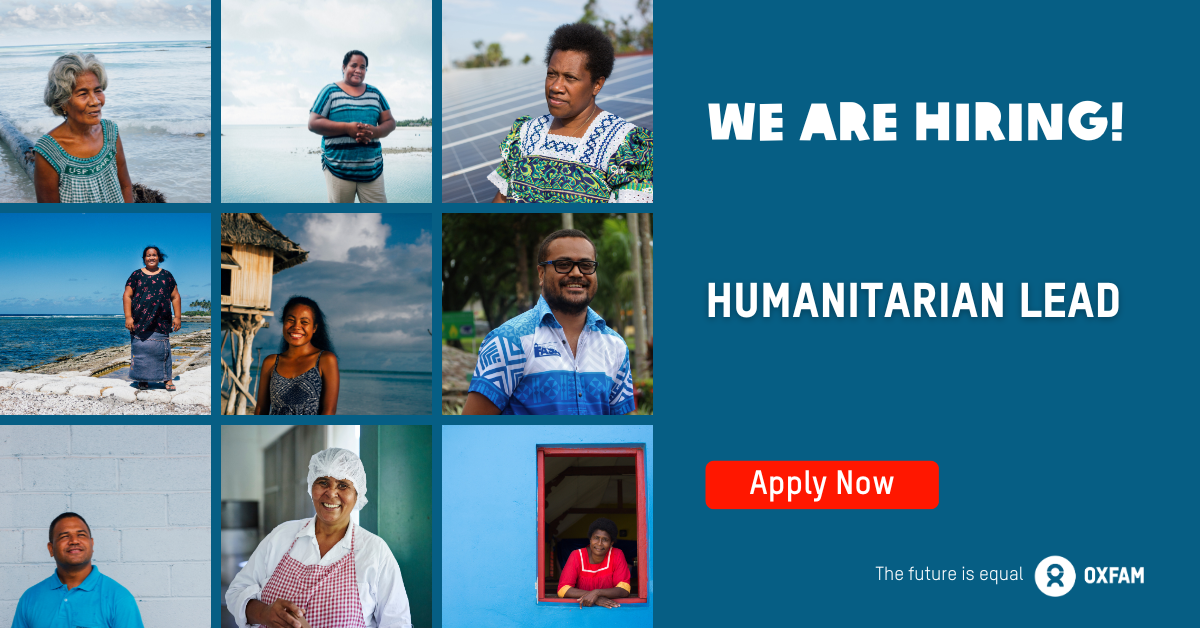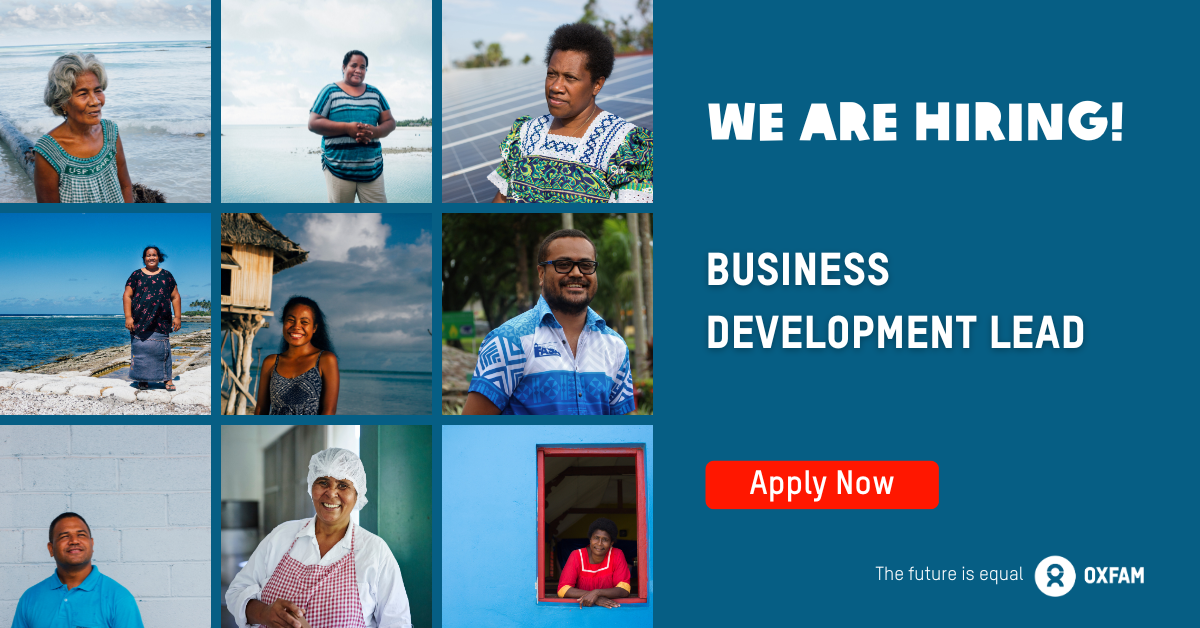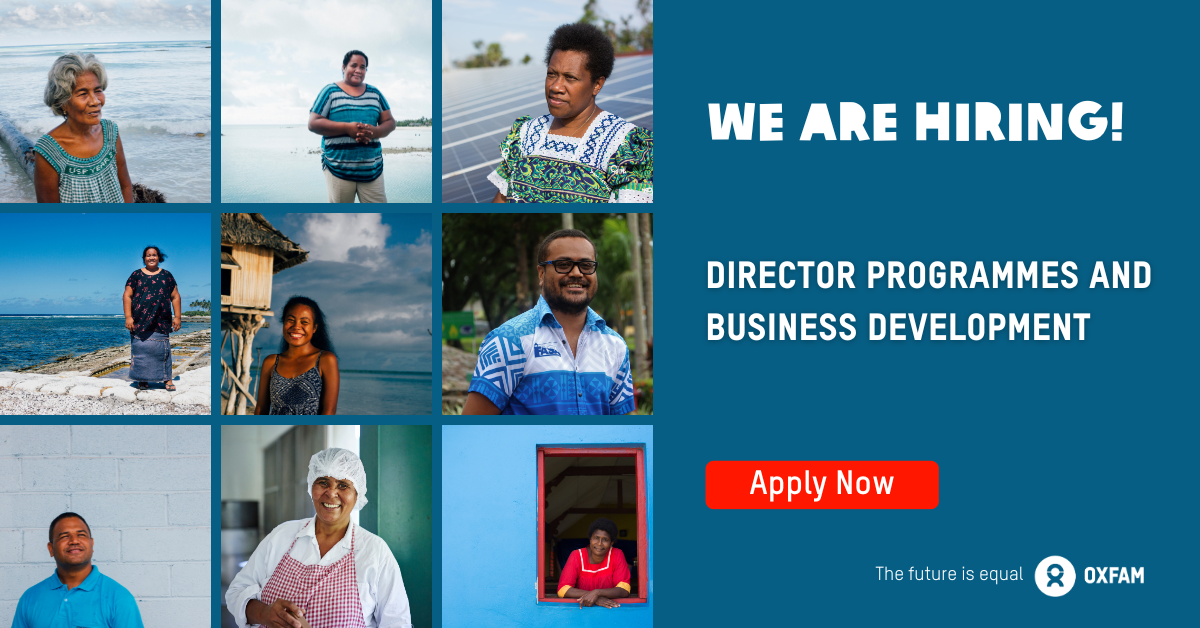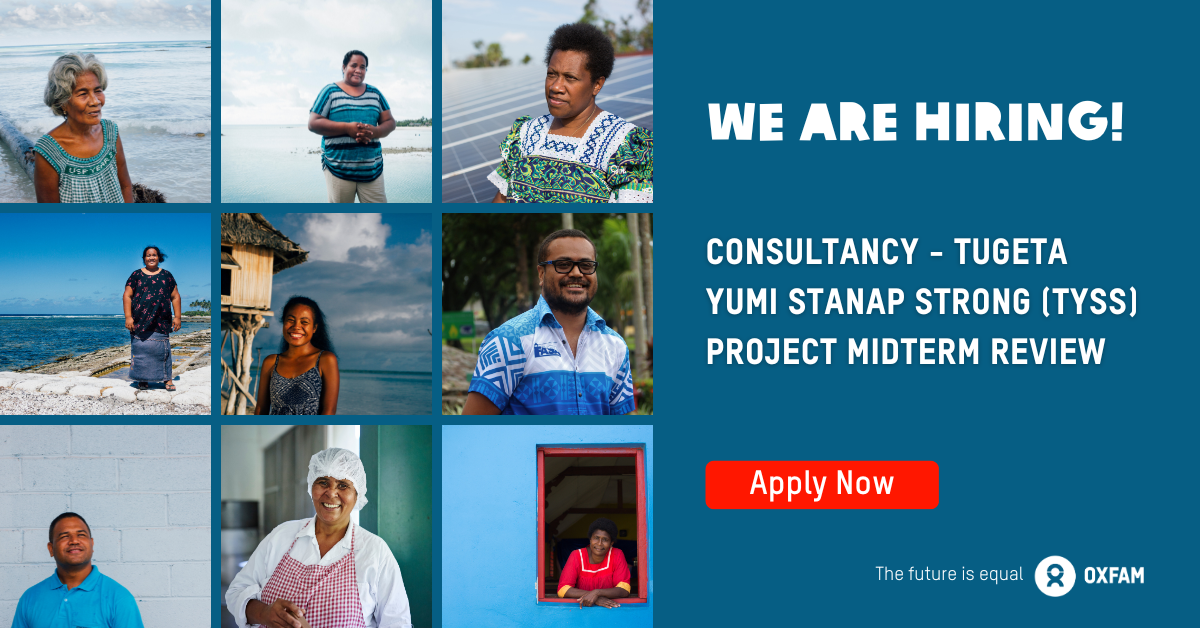By Katerina Teaiwa
The office of Nei Tabera Ni Kai (NTK), a film unit based in the town of Taborio, in the small island nation of Kiribati, is a small concrete building situated two metres above sea level, 30 metres from the lagoon on one side and 45 metres from the ocean on the other. Stacked under the louvred glass windows of one of its small rooms are 200 internal hard drives taken from computers over a period of 20 years. The office has no air conditioning, and the air is salty; there are regular electricity blackouts; and higher than normal wave surges, or “king tides”, threaten the town – and the whole southern end of the atoll, South Tarawa, on which it is located – more frequently than they used to.
Once a Kiribati household name, NTK has not worked on major projects for a couple of years. One of the co-founders, John Anderson, cameraman and editor, passed away in 2016. His long-time partner, producer, manager and scriptwriter Linda Uan, has been dealing with the loss and reflecting on the best way to preserve their shared legacy.
Since 1997, Nei Tabera Ni Kai has produced more than 400 films in both English and the Kiribati language focused on Kiribati knowledge, lives, issues and communities. They have documented what residents call “te katei ni Kiribati” – the Kiribati way. Their work should be stored in a well-funded archive and maintained for posterity.
The knowledge inherent in these spheres has been the source of resilience for more than 2000 years in an oceanic environment with limited land, flora and fauna, allowing islanders not only to survive but to produce complex, creative societies.
Climate change is here today, not just in some distant future, and Pacific Islanders who cannot always crawl into air-conditioned, climate-controlled bubbles experience its effects on a daily basis. While the people of the Pacific are resilient and have survived centuries of upheaval, climate change is already at emergency levels in the region – representing some of the first and starkest signs of the greatest ecological threat to ever face humanity.
Katerina Teaiwa is an associate professor in the School of Culture, History and Language at the Australian National University. This is an edited extract of her essay “No Distant Future: Climate Change as an Existential Threat” published in Australian Foreign Affairs.
https://www.smh.com.au/environment/climate-change/pacific-leadership-on-climate-change-is-necessary-and-inevitable-20190704-p5240u.html






